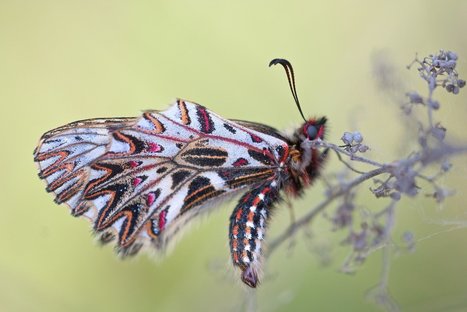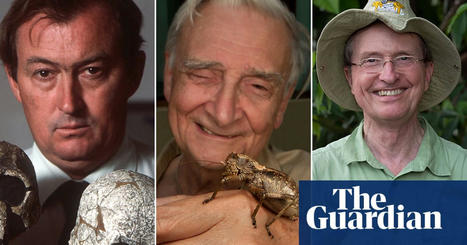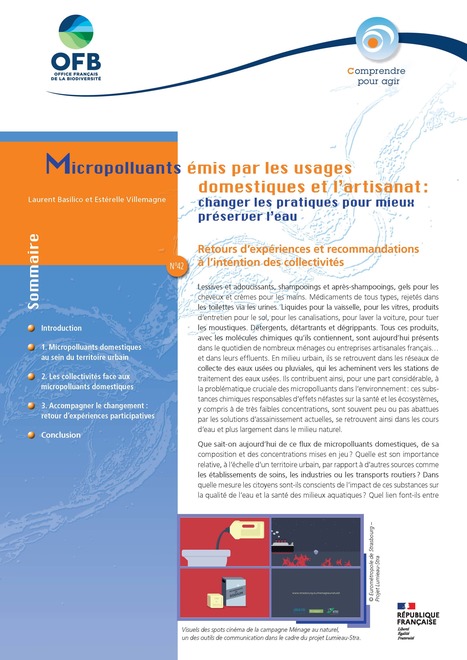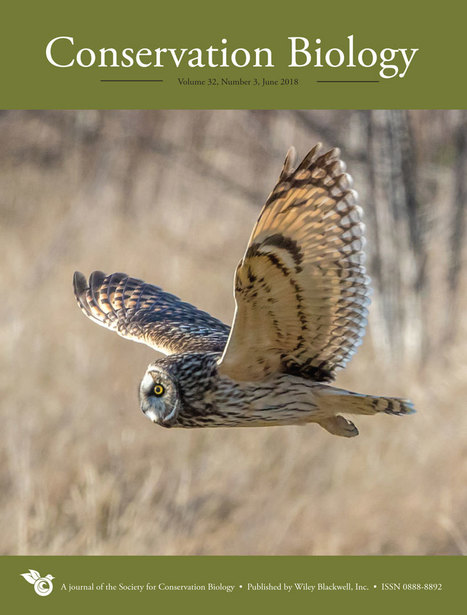Halting, then reversing the dangerous, ongoing loss of Earth's plant and animal diversity requires far more than an expanded global system of protected areas of land and seas, scientists warned today.
Research and publish the best content.
Get Started for FREE
Sign up with Facebook Sign up with X
I don't have a Facebook or a X account
Already have an account: Login
Revue de presse et du net par le Pôle de partage des connaissances S&T de l'Office français de la biodiversité
Curated by
DocBiodiv
 Your new post is loading... Your new post is loading...
 Your new post is loading... Your new post is loading...
|
|
















January 19, 2022 by Group on Earth Observations Biodiversity Observation Network via @physorg_com
Voir aussi https://www.cbd.int/article/draft-1-global-biodiversity-framework